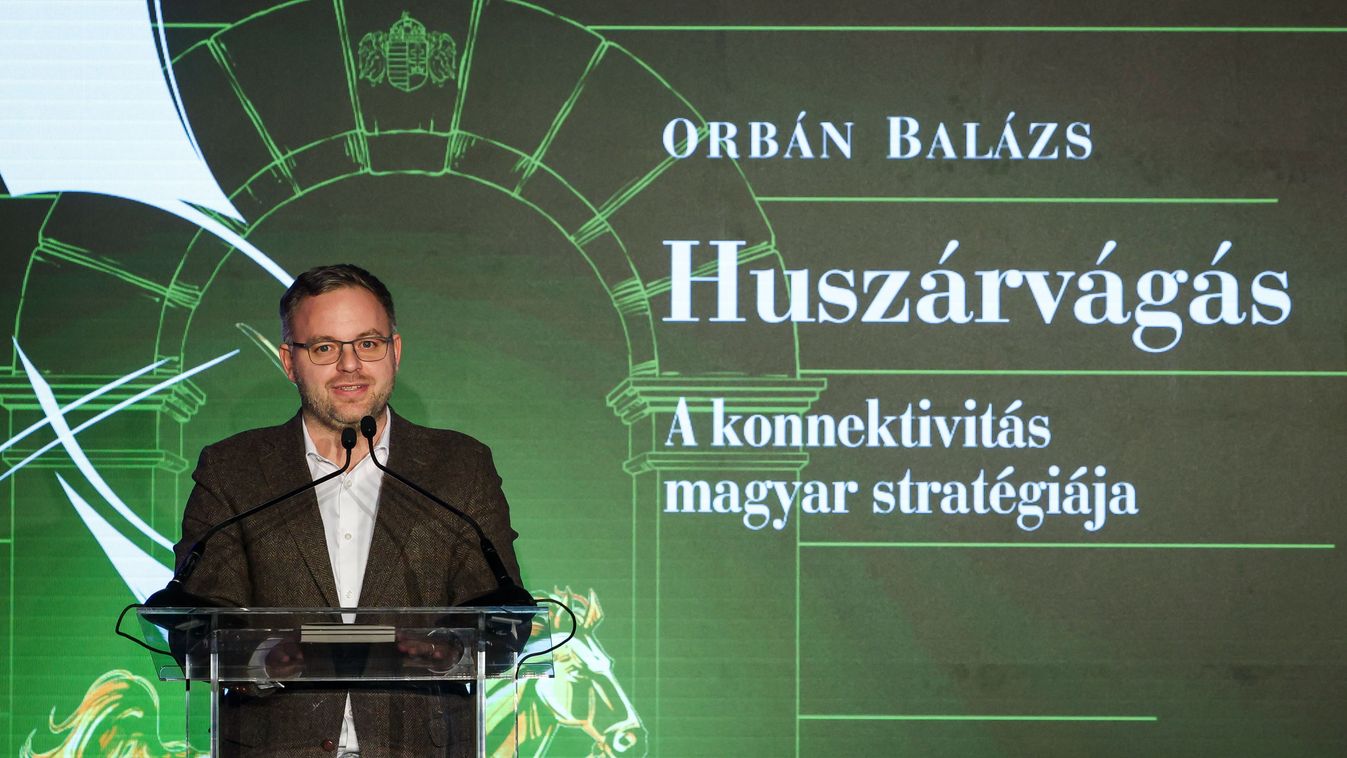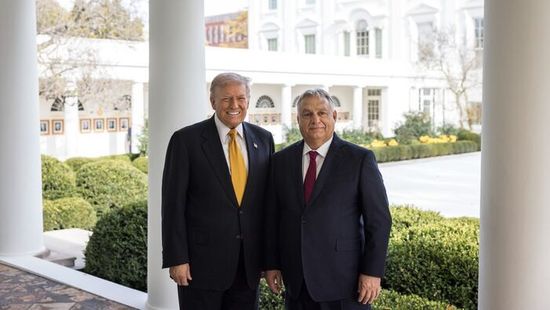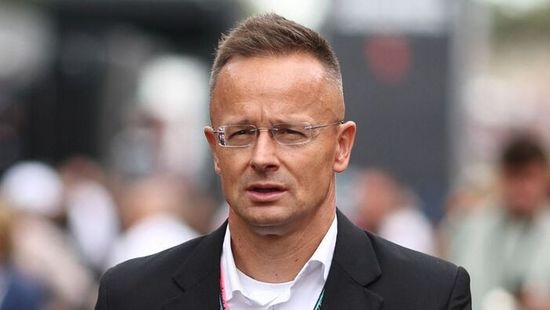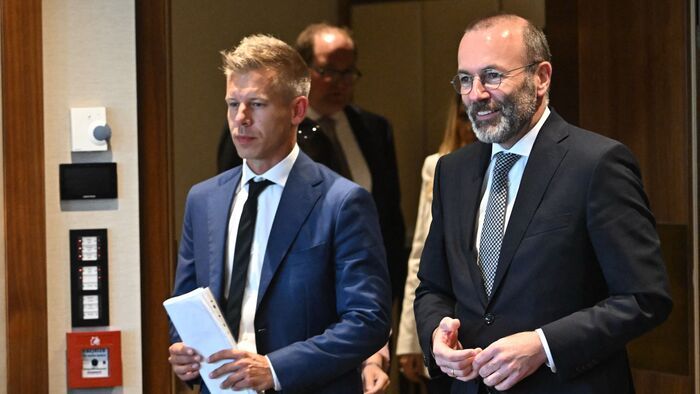The politician stressed that Hungary's success is contingent on becoming a true keystone state - a country that would otherwise not achieve key player status considering its size, population or economic might, but still manages to serve as a meeting point for Western and Eastern companies and technologies, thereby contributing to the development of the whole region.
It is increasingly evident that the world is watching us, and that a significant number of intellectuals are looking on Hungary as a role model. In Balazs Orban's assessment, the neoliberal world order that emerged in the post-Cold War era is over. The balance of power has changed, and as a result some countries have opted for a strategy of blocification rather than connectivity.
"The book describes how this is not beneficial for the world, it is dangerous and leads in the direction of military confrontation. It is not good for Europe either, because in order to take a mediating role on the global stage, it must be the voice of mediation and peace," he said.
Furthermore, he continued, "It is certainly not good for Hungary, because Hungary's geography, history and economic structure make it particularly well suited to implementing an economic strategy based on interconnectedness.
"Therefore, while the world is moving towards blocification, we need to build our economic strategy for the next decade on strengthening connectivity," he said, adding that if we can achieve this successfully, "it will be a real feat of Hungarian ingenuity - a swipe of a hussar sword".
The English edition of the volume is soon to be out, at which time Balazs Orban will go on a promotional tour domestically and abroad.























Szóljon hozzá!
Jelenleg csak a hozzászólások egy kis részét látja. Hozzászóláshoz és a további kommentek megtekintéséhez lépjen be, vagy regisztráljon!